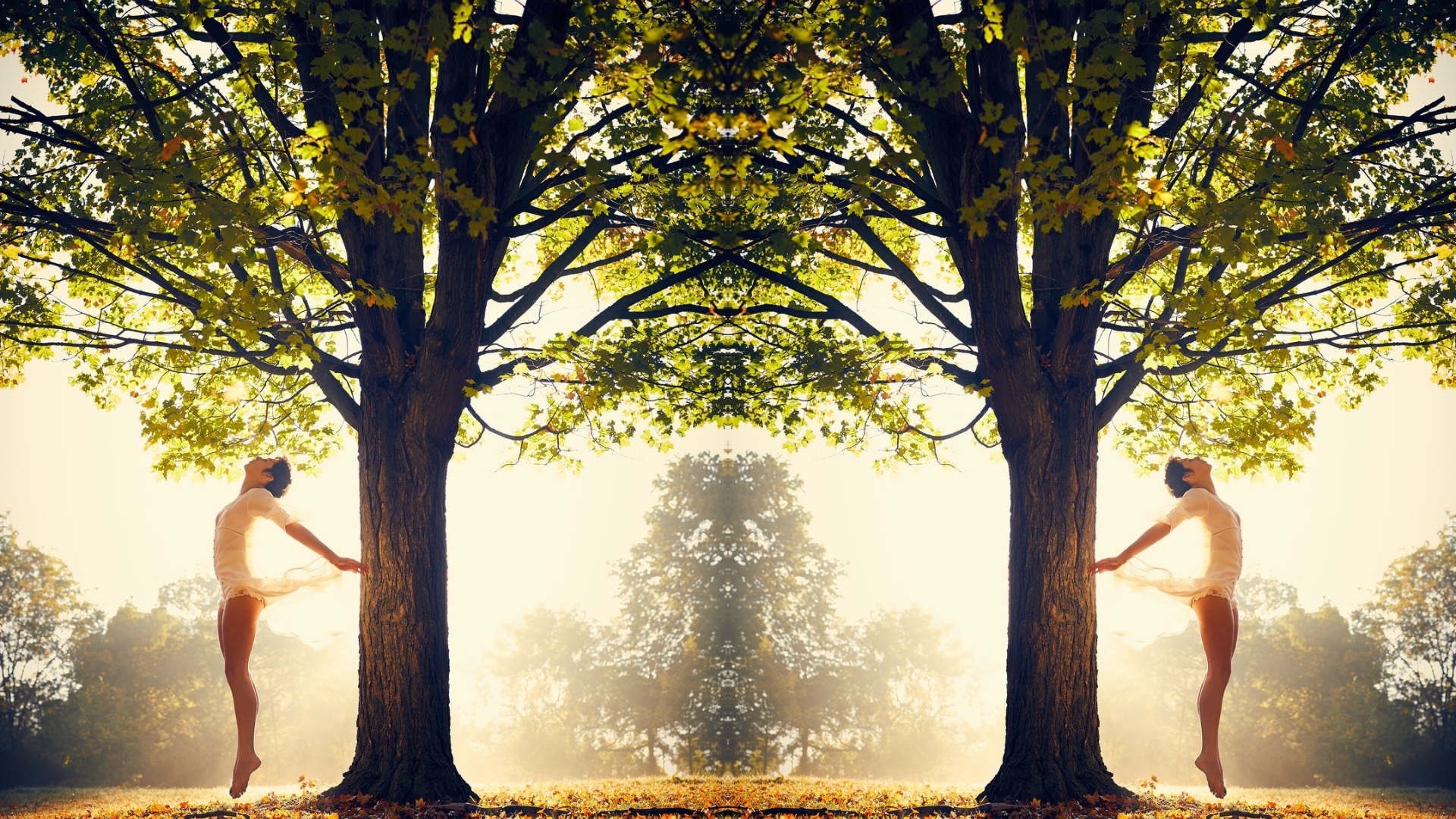
Two days ago we posted our first blog. Exciting! Curious. A bit scary too… So today we feel we owe our limited and future readers a word of explanation about where we want to go with our own blog, because as it is, there is already a lot to read on the internet.
We are just your average family, mom, dad and the 2 best kids one can wish for (boys!), inhabiting this beautiful planet. We are concerned about the future of our kids (and humanity at large) since the planet is in crisis and her conditions will even get worse if we don’t do anything about it. So we would like to share with you how we have tried to do our best for planet earth’s future.
We want to inspire with actions we found feasible to take as a family. We don’t want to specifically dictate others what to do, we know everyone tries their best but we (not only our family) cannot remain idle anymore, doing nothing while the planet goes to hell. And as we are the first generation to grasp scientifically what is happening around us we want to inform and give evidence of science, (articles will be referenced).
As an introduction we would like to share our personal top 3 global challenges – they are of course interrelated. Here it goes:
- The first global challenge is global warming caused by the accumulation of CO2 in the atmosphere. To limit global warming below the agreed 1.5˚C target, global net-zero emissions need to be achieved by 2050 (1). The European Commission has as an ambition to be the first climate-neutral continent and in order to achieve this we need to reduce our greenhouse gas emissions by at least 55 percent by 2030 compared to 1990 (2). We’ll tell you about our small contributions such as reducing our meat and dairy footprint, why and which tree we planted in our garden, and many other simple actions…
- Living within planetary boundaries: Currently humanity uses the equivalent of 1.7 planets to provide the resources necessary to produce goods and to absorb waste (Global Footprint Network, 2020). The consequences of an economy based only in relentless growth are being felt across the globe, rapidly destabilising the planet (3). However, a lot of the waste we produce has a high resource value and isn’t currently considered a serious source of material. In order to meet a rapidly expanding population’s growing demand for water, food and energy, it is our responsibility to keep the use of resources within the planetary boundaries. So we will write about how we’ve tried to apply circular models in our consumption, from clothing and going plastic free in the bathroom, among others.
- Thirdly, the loss of biodiversity: According to the WWF’s Living Planet Report 2020 (4) the overconsumption has caused wildlife population to plummet to 68% in size since 1970. Species and habitats have been destroyed, not only by big companies putting profit before planet but often also unconsciously by not thinking about our everyday actions: the things we eat, the things we buy and the choices we make. In our blog we’ll share our contributions such as rethinking our garden and our consumption, our participation in the soy bean project and how we try to influence our council in their procurement and guidelines and more.
| Year | 1937 | 1954 | 1960 | 1978 | 1997 | 2020 |
| World population (billions) | 2.3 | 2.7 | 3 | 4.3 | 5.9 | 7.8 |
| Carbon on atmosphere (parts per million) | 280 | 310 | 315 | 335 | 360 | 415 |
| Remaining wilderness (%) | 66 | 64 | 62 | 55 | 46 | 35 |
Above all, we promise not to be gloomy but to keep a positive spirit, because we believe we can all play a part in helping to fix it! Or in Greta Thunberg’s words “I have learned you are never too small to make a difference.”
But remember we are running out of time very very fast.
…
References
- IPCC, 2018: Global Warming of 1.5°C. An IPCC Special Report on the impacts of global warming of 1.5°C above pre-industrial levels and related global greenhouse gas emission pathways, in the context of strengthening the global response to the threat of climate change, sustainable development, and efforts to eradicate poverty [Masson-Delmotte, V., P. Zhai, H.-O. Pörtner, D. Roberts, J. Skea, P.R. Shukla, A. Pirani, W. Moufouma-Okia, C. Péan, R. Pidcock, S. Connors, J.B.R. Matthews, Y. Chen, X. Zhou, M.I. Gomis, E. Lonnoy, T. Maycock, M. Tignor, and T. Waterfield (eds.)]. In Press.
- A European Green Deal | European Commission (europa.eu)
- Raworth, K., 2018, A healthy economy should be designed to thrive, not grow, YouTube 5 June, TED, viewed 29 April 2021, https://www.youtube.com/watch?v=Rhcrbcg8HBw&t=63s
- Living Planet Report 2020 | Official Site | WWF (panda.org)
